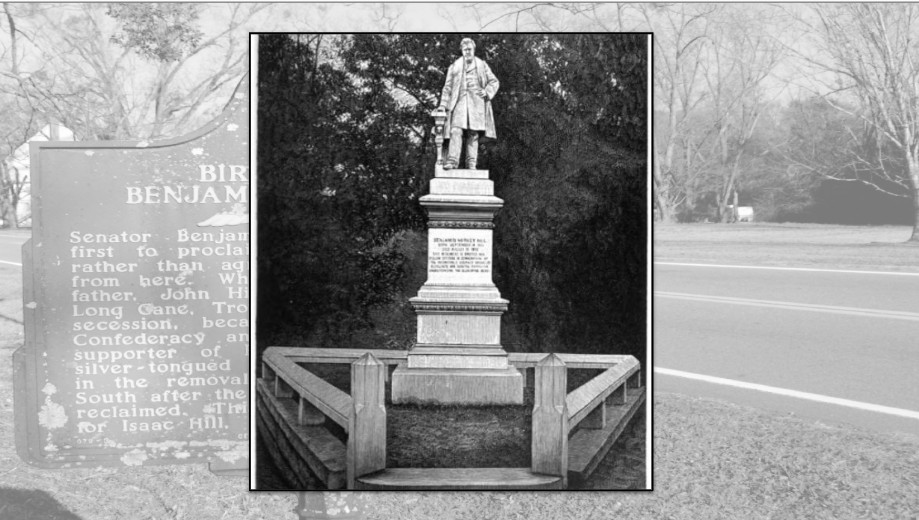
Wikimedia Commons
Benjamin Harvey Hill’s Fiery Speech Launches Georgia’s Klan
Benjamin Harvey Hill used words as weapons in post-Civil War Georgia.
His fiery “brush arbor speech” in Atlanta on July 23, 1868, urged violence against Republicans and freed Black people.
Before this, Hill wrote harsh attacks on Reconstruction in the Augusta Chronicle. Soon after, Nathan Bedford Forrest visited Atlanta, helping set up Georgia’s Klan network.
The violence was swift – 336 murders or assaults on freedmen were recorded in 1868 alone. Though 33 Black Americans won seats, they were soon expelled.
The Benjamin Harvey Hill House in Georgia stands as a silent witness to this dark chapter.
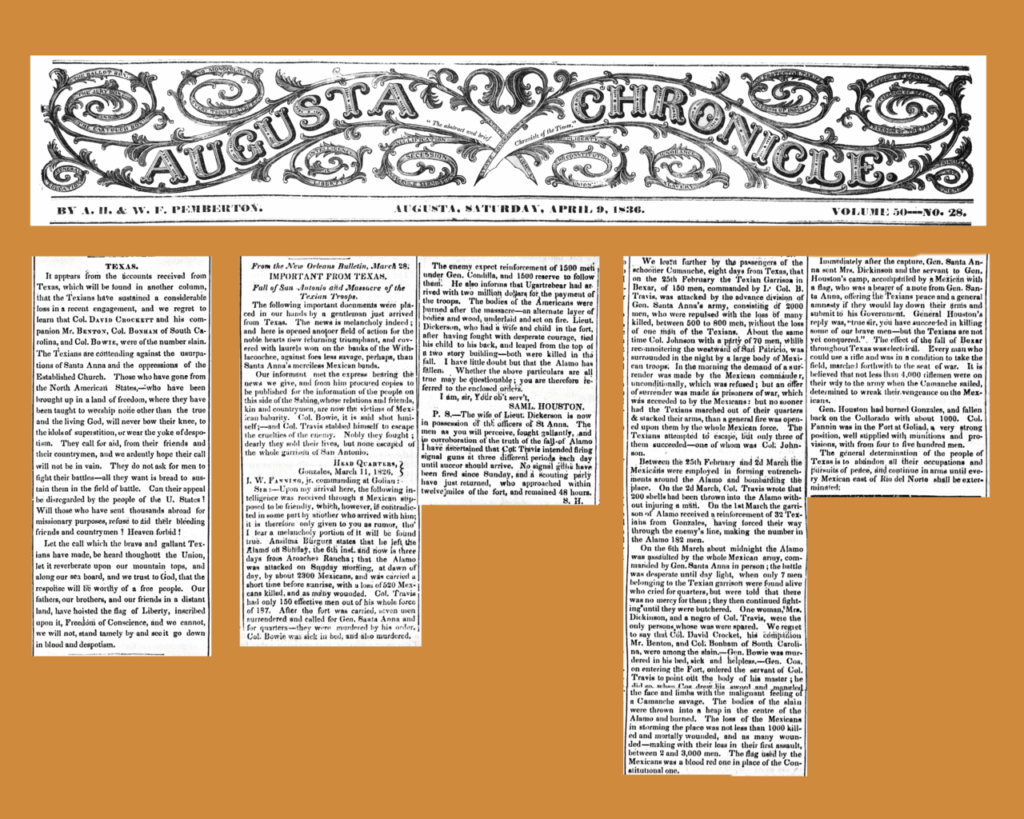
Wikimedia Commons/The Augusta Chronicle , Augusta, Georgia, U.S.
Hill’s Newspaper Attacks Sparked Georgia’s Racial Terror
Ben Hill started fighting against Reconstruction in 1867 with his “Notes on the Situation” articles in the Augusta Chronicle.
His son later called these writings “severe and bitter” attacks on Congressional Reconstruction policies.
Hill went after Republican officials and newly-voting Black citizens across Georgia. His newspaper columns spread quickly throughout the state, reaching cities and small towns.
The powerful politician used his platform to make violent resistance to Reconstruction seem okay to many white Georgians.
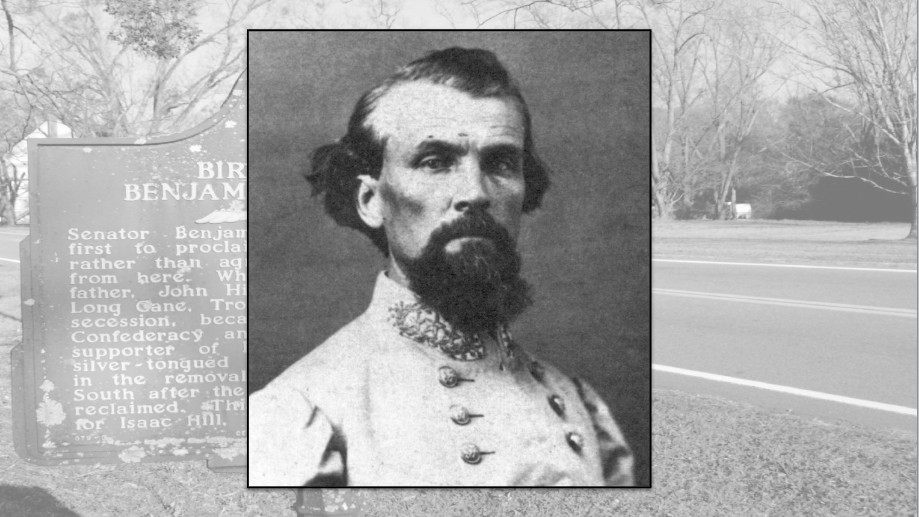
Wikimedia Commons/Unidentified photographer
The Notorious Klan Founder Came Calling
Nathan Bedford Forrest, former Confederate general and Klan organizer, visited Atlanta several times during February and March 1868.
He met secretly with key Georgia conservatives, including Hill.
These private meetings likely set up the framework for a statewide Klan network. Forrest brought what he learned from building the terror group in Tennessee.
The meetings linked local white supremacist groups into a coordinated system that could launch attacks across Georgia instead of just random incidents.
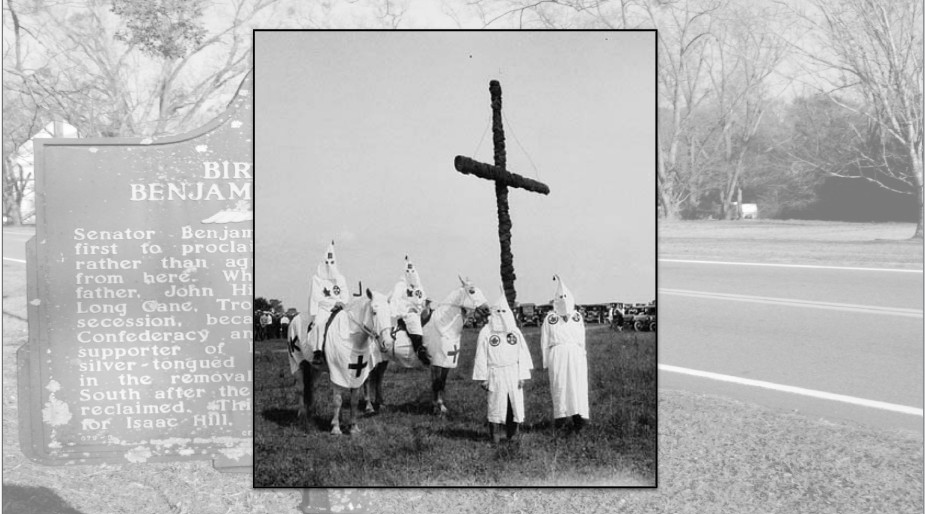
Wikimedia Commons/John Boyd
Murder in Columbus Marked the First Klan Killing
The Klan’s violent campaign started on March 31, 1868, when masked men shot Republican organizer Ashburn dead in his Columbus boardinghouse.
George Ashburn had been signing up Black voters in the area. Local police barely tried to find or arrest the killers.
His murder warned other Republican organizers across Georgia that anti-Reconstruction talk had turned into deadly action.
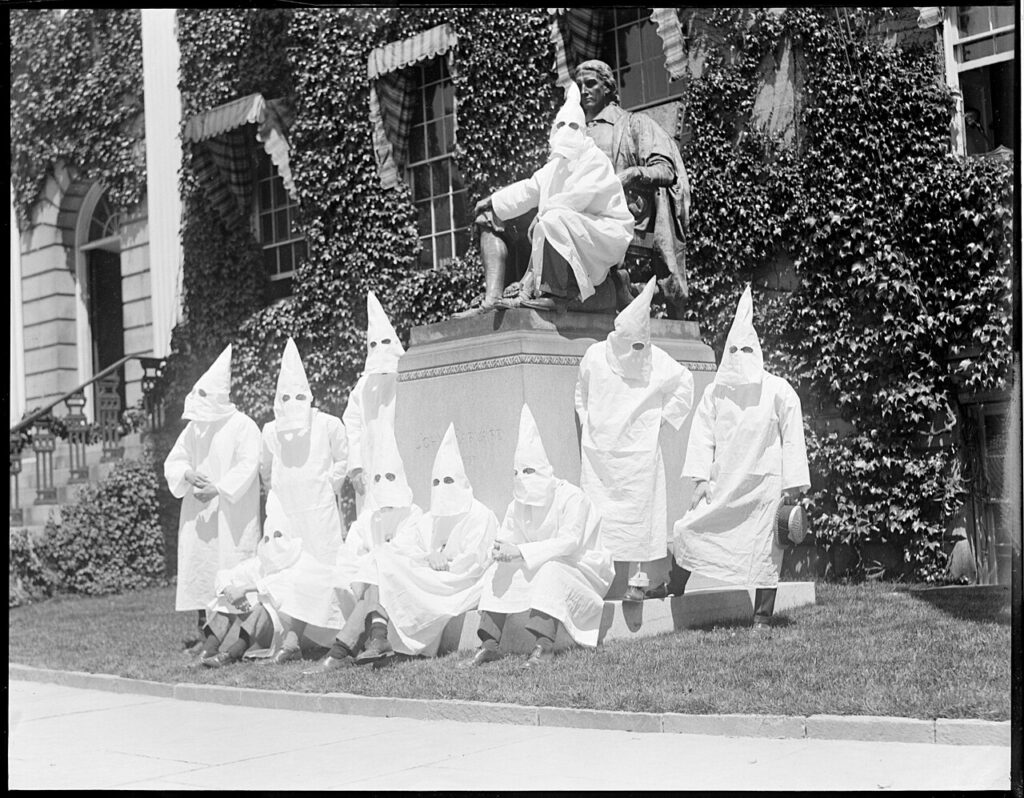
Wikimedia Commons
Terror Spread Across Georgia’s Counties
Klan violence exploded throughout Georgia by summer 1868.
Freedmen’s Bureau agents counted 336 cases of murder or serious assault against freedmen between January and November.
Klansmen whipped Black women for “disrespect” toward whites.
Republican leaders got threatening letters before night attacks on their homes. The violence hit hardest in areas with many Black residents and Republican voters.
Klan riders traveled in groups, often wearing masks, to terrorize Black communities.
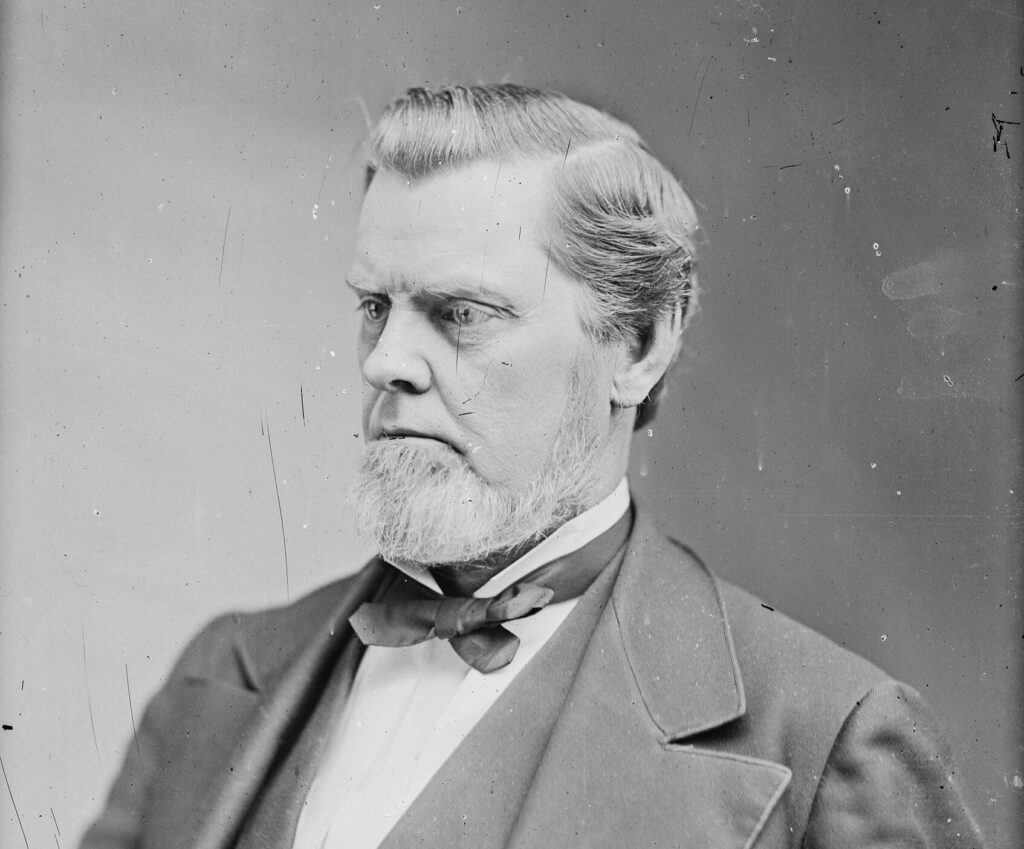
Wikimedia Commons/Mathew Benjamin Brady
A Fiery Speech Called for Violence
Hill gave his infamous “brush arbor speech” in Atlanta on July 23, 1868, under a wooden shelter typically used for outdoor church meetings.
He called for attacks against Governor Rufus Bullock, Republican lawmakers, and freed people. The religious setting gave his violent message a twisted moral backing.
Hundreds of white Georgians attended, cheering his calls for fighting back. The speech came just as Reconstruction policies started taking effect in Georgia.
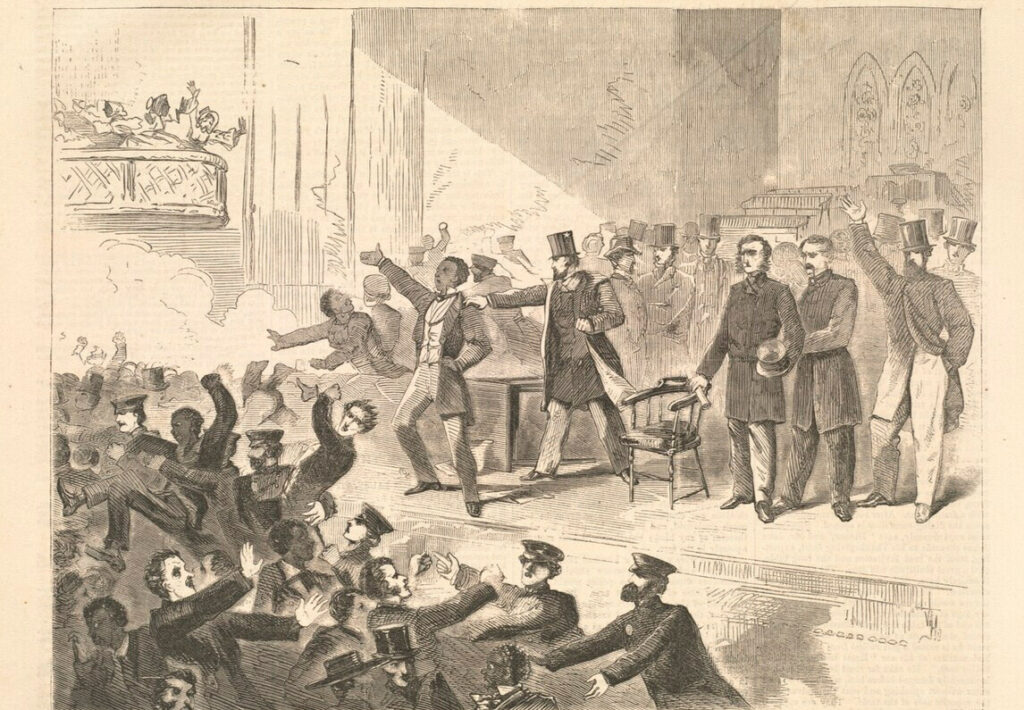
Wikimedia Commons/BPL
Black Voters Showed Courage at the Polls
Despite brutal threats, 33 African Americans won seats in the Georgia state legislature in 1868. Black voters stood in line at polling places even with violence hanging over them.
Republican Rufus Bullock won the governor’s office in April 1868. These wins happened while Klan members openly threatened voters at polling stations.
Many Black Georgians refused to give up their new rights without a fight.
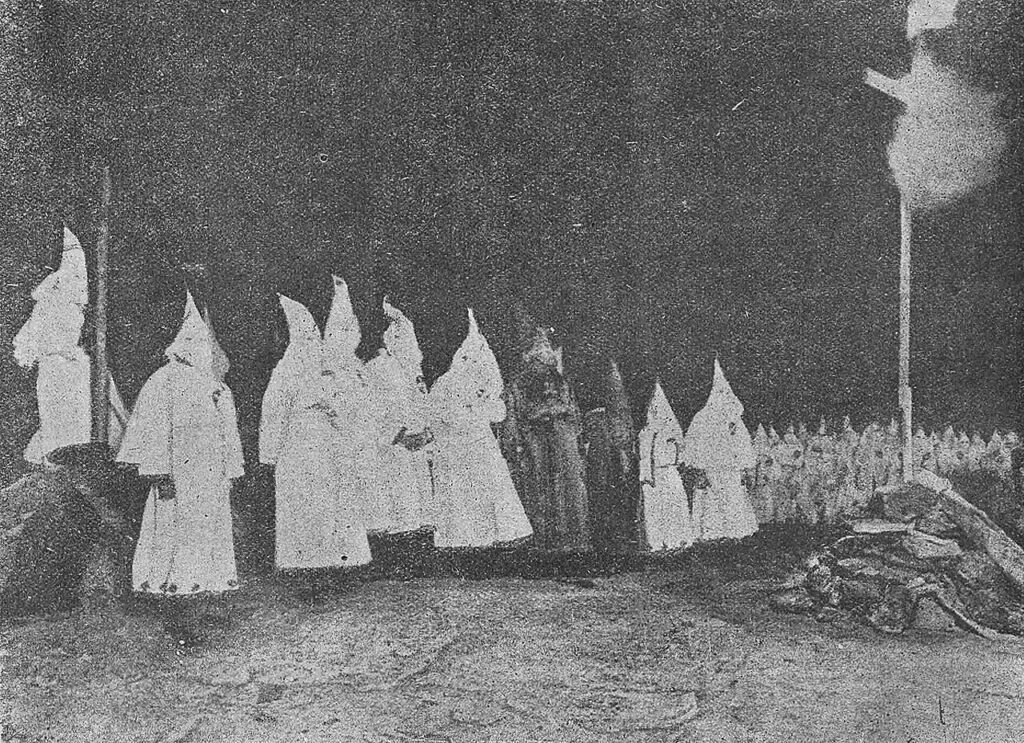
Wikimedia Commons
Armed Klansmen Surrounded Voting Places
Klan terror crushed Republican voting by November 1868.
In Oglethorpe County, 1,144 people voted Republican in April, but only 116 dared vote Republican in November when John Reed’s armed Klansmen surrounded the polls.
Columbia County saw an even bigger drop.
While 1,222 votes went to Republican governor Bullock in April, just one vote went to Republican presidential candidate Grant in November.
Federal soldiers sent to guard polling places backed down when faced with armed Klansmen.
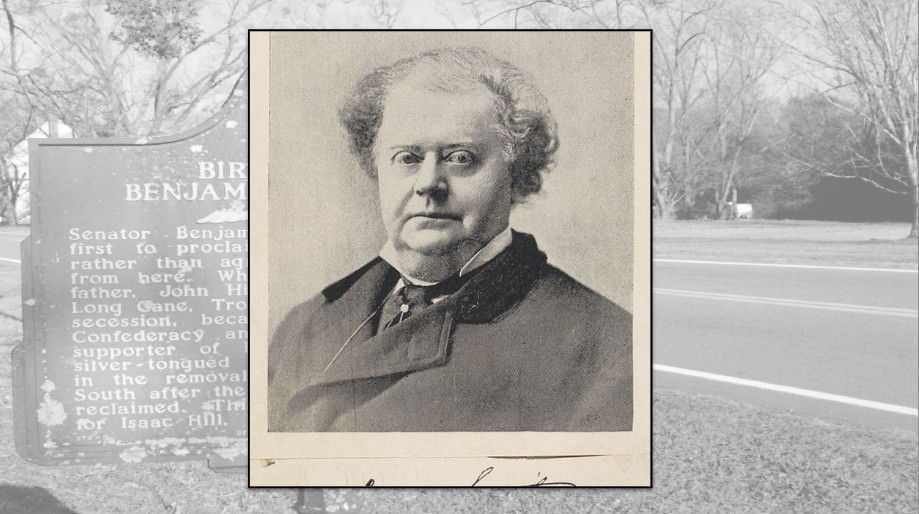
Wikimedia Commons
White Politicians Betrayed Black Legislators
In September 1868, white Republicans joined Democrats in kicking all 33 Black legislators out of the General Assembly. They claimed Black representatives couldn’t legally hold office under Georgia’s constitution.
The expelled lawmakers had won fair elections just months earlier. Their removal erased the political voice of Black Georgians.
Hill and his allies celebrated this move as a win for “constitutional government,” though it clearly broke democratic principles.
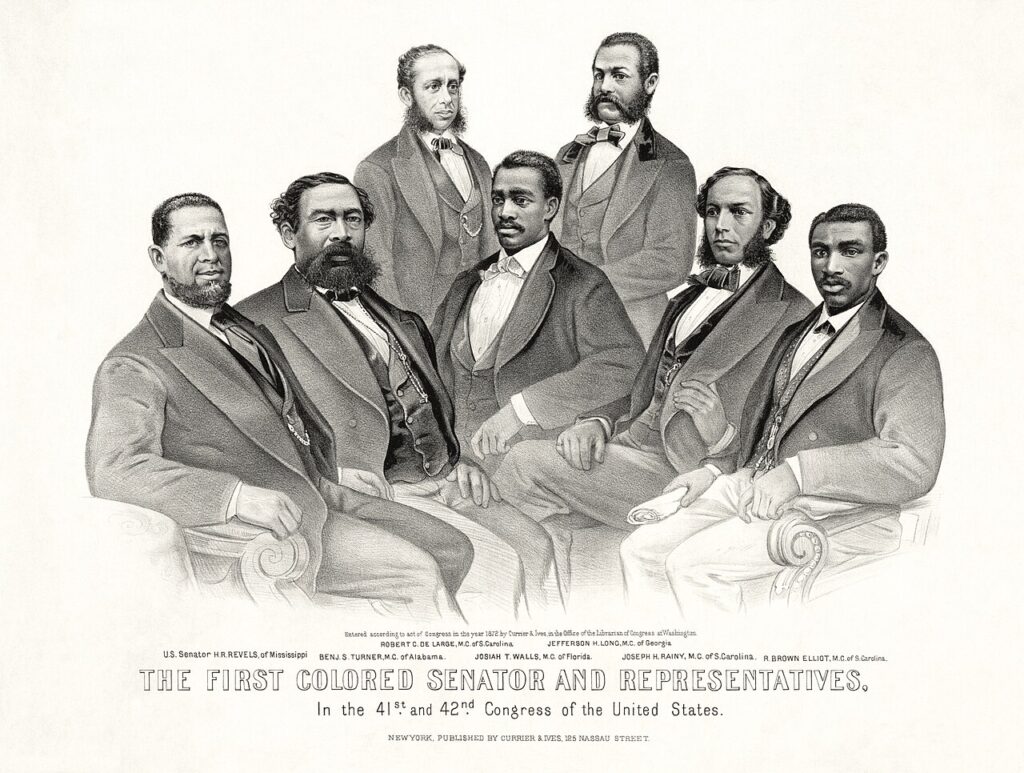
Wikimedia Commons/Currier and Ives
Black Officials Faced Deadly Consequences
One quarter of Georgia’s Black legislators suffered killing, threats, beating, or jail time. Tunis Campbell, a Black state senator, worked on a chain gang on fake charges.
Henry McNeal Turner needed armed guards because of constant death threats. The violence targeted not just voters but elected officials too.
The message was clear: no Black person could safely hold political office in Georgia. The campaign went beyond elections to attack the very idea of Black political participation.
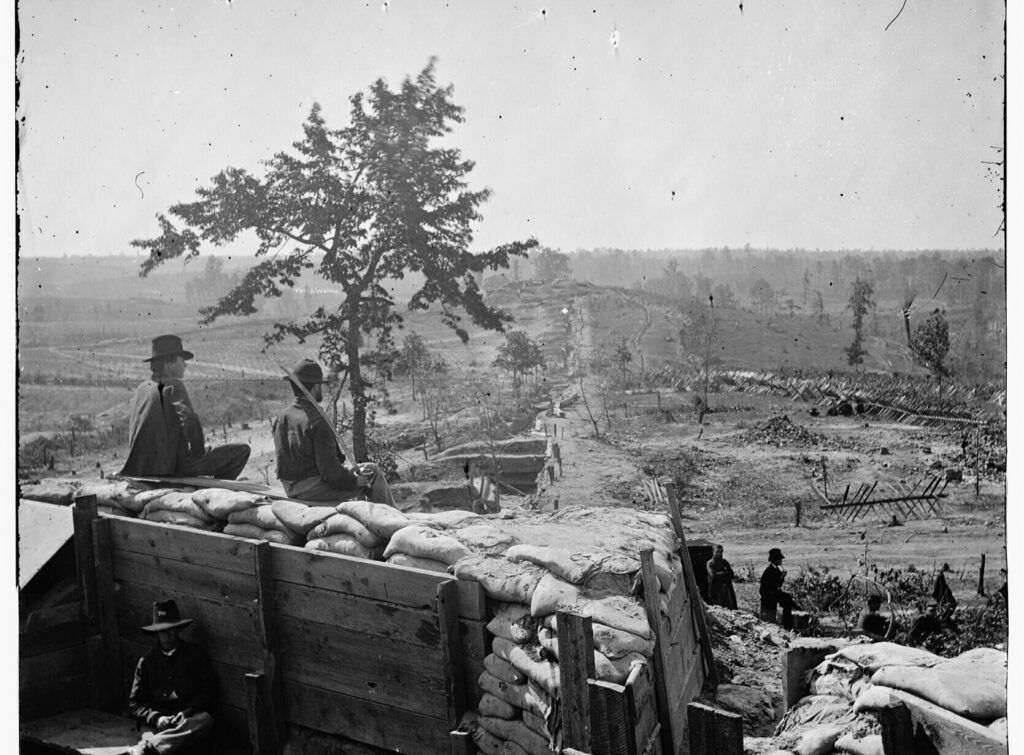
Wikimedia Commons/Barnard, George N.
Federal Troops Returned to Georgia
Georgia’s failure to protect Black legislators forced the federal government to send troops back in December 1869.
Military authorities put the expelled Black legislators back in office in January 1870.
Congress made Georgia approve the 15th Amendment before rejoining the Union. Federal soldiers temporarily protected Black voters and officials.
Hill and other conservatives complained bitterly about this “military despotism.
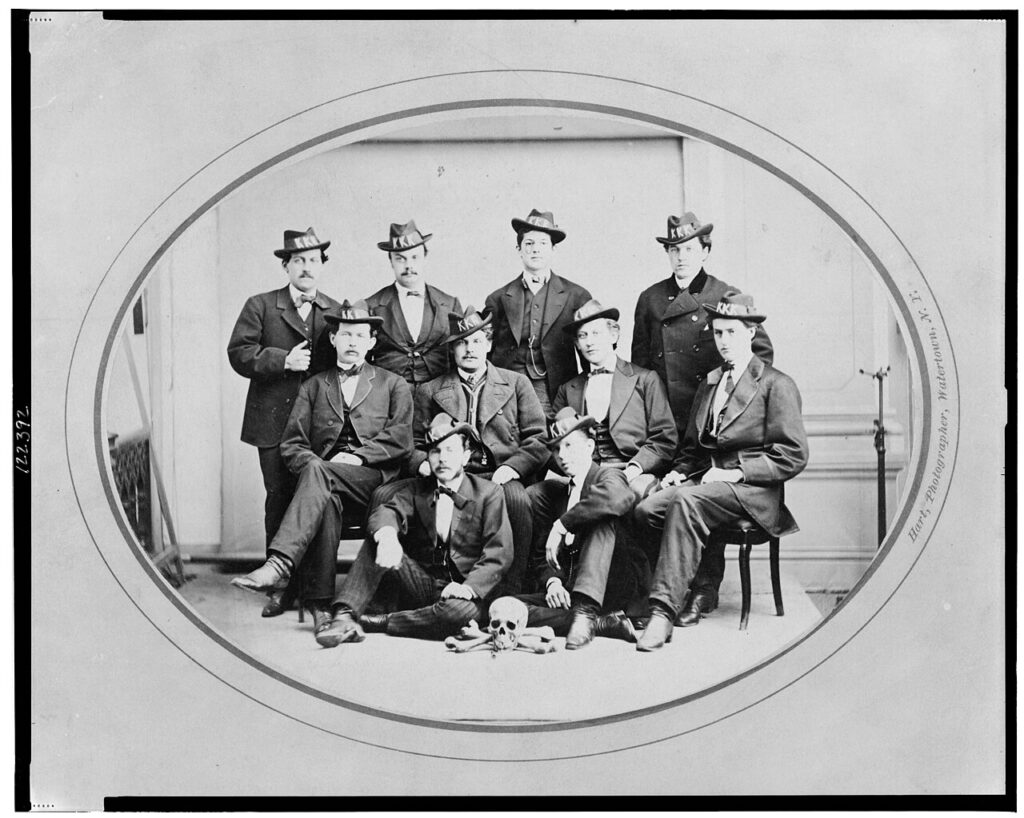
Wikimedia Commons/Charles S. Hart Alternative names Hart, Chas. S.
White Supremacy Triumphed in Georgia
By July 31, 1871, Georgia completed its return to the Union after ejecting Black legislators from the House of Delegates and frightening away most Black voters.
Hill’s campaign of inflammatory rhetoric and violence had achieved its goal. The Klan effectively ended meaningful Black political participation for generations.
Georgia returned firmly to white Democratic control.
Hill later reinvented himself as a “New South” spokesperson, his role in launching the Klan’s reign of terror conveniently forgotten.
Black Georgians would wait nearly a century for another chance at equal political rights.
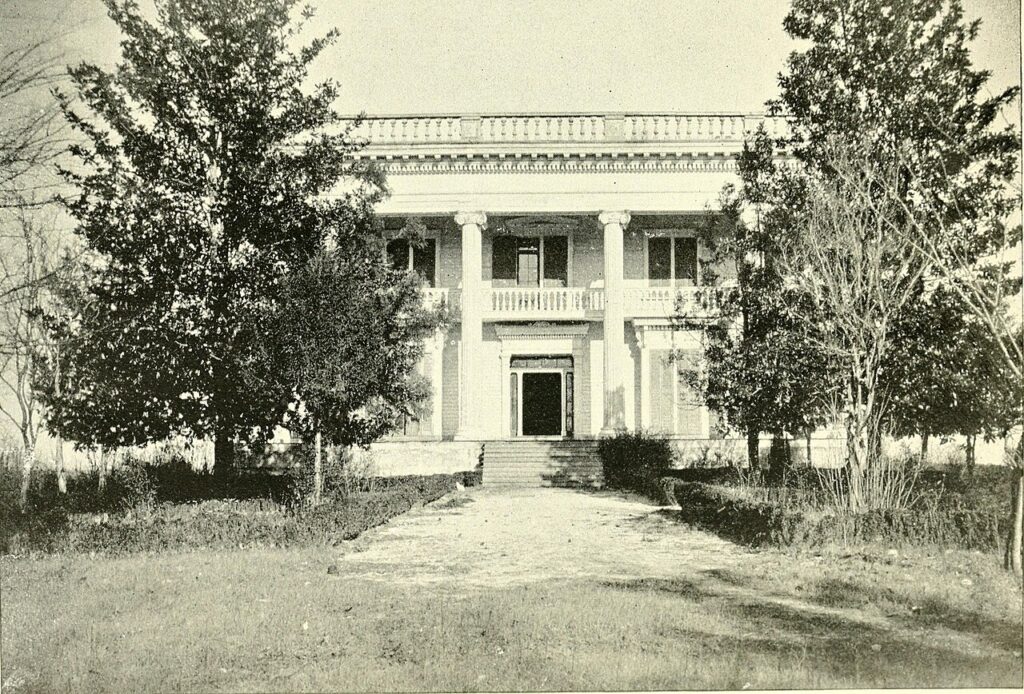
Wikimedia Commons/Hill, Benjamin H. , 1823-1882
Visiting Benjamin Harvey Hill House, Georgia
The Benjamin Harvey Hill House at 570 Prince Avenue in Athens is currently being redeveloped into a hotel and cultural venue, with completion planned for October 2027.
The 1856 Greek Revival building features fourteen Corinthian columns and a three-sided peristyle. You can enjoy public cultural programming and performances here.
The formal front gardens are protected under conservation easement, and it’s near the UGA Visitors Center on campus.
This article was created with AI assistance and human editing.
Read more from this brand:

 Kansas5 days ago
Kansas5 days ago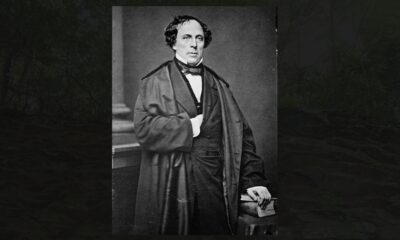
 West Virginia4 days ago
West Virginia4 days ago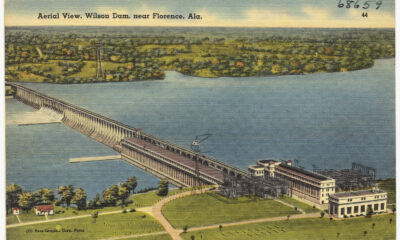
 Alabama4 days ago
Alabama4 days ago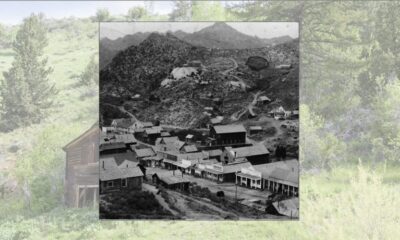
 Idaho4 days ago
Idaho4 days ago
 Alabama3 days ago
Alabama3 days ago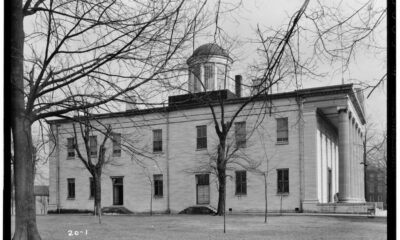
 Kentucky5 days ago
Kentucky5 days ago
 West Virginia4 days ago
West Virginia4 days ago
 Alaska4 days ago
Alaska4 days ago























